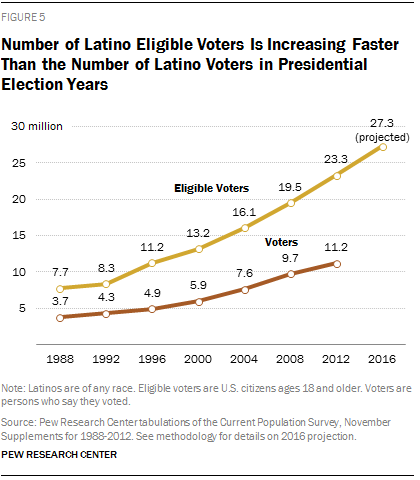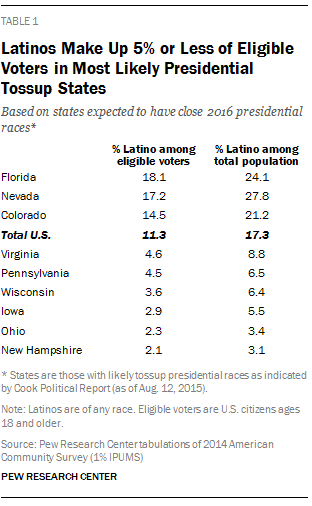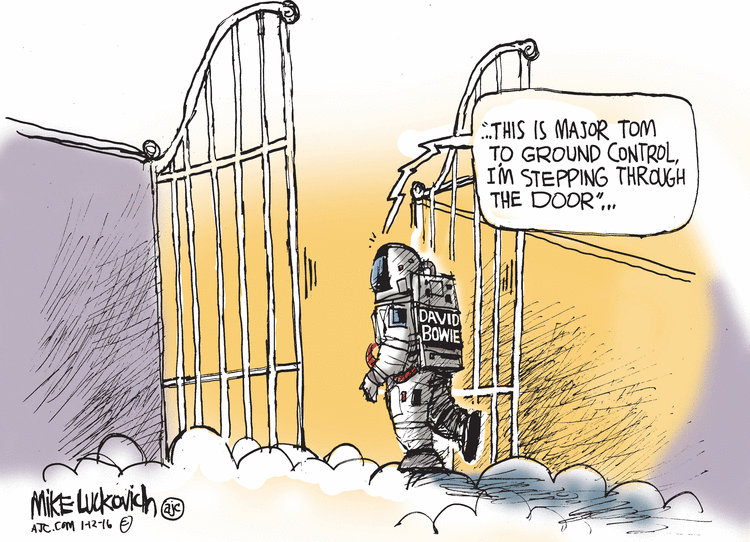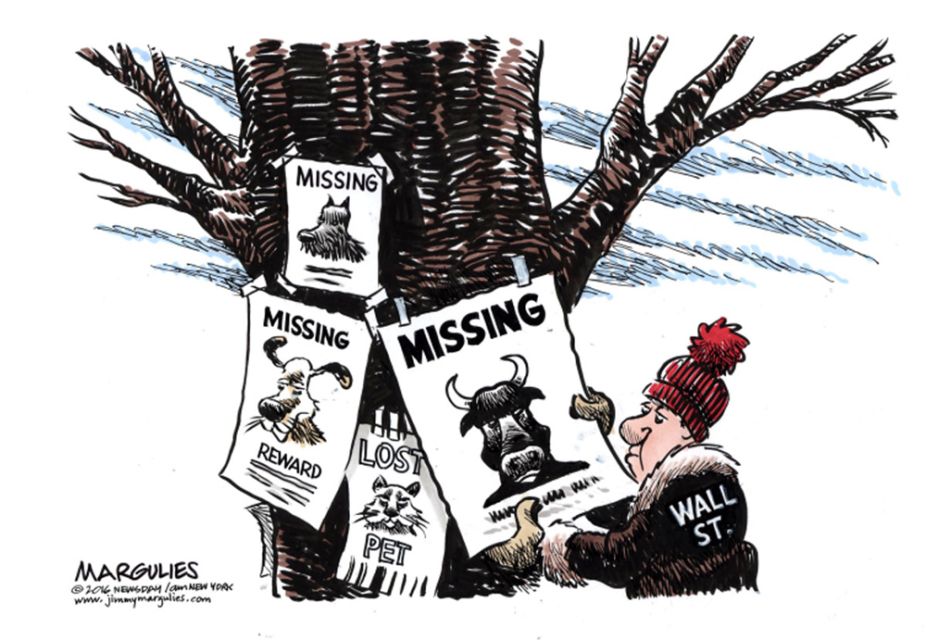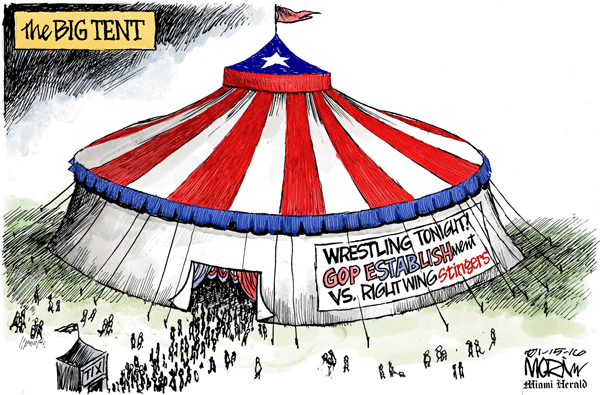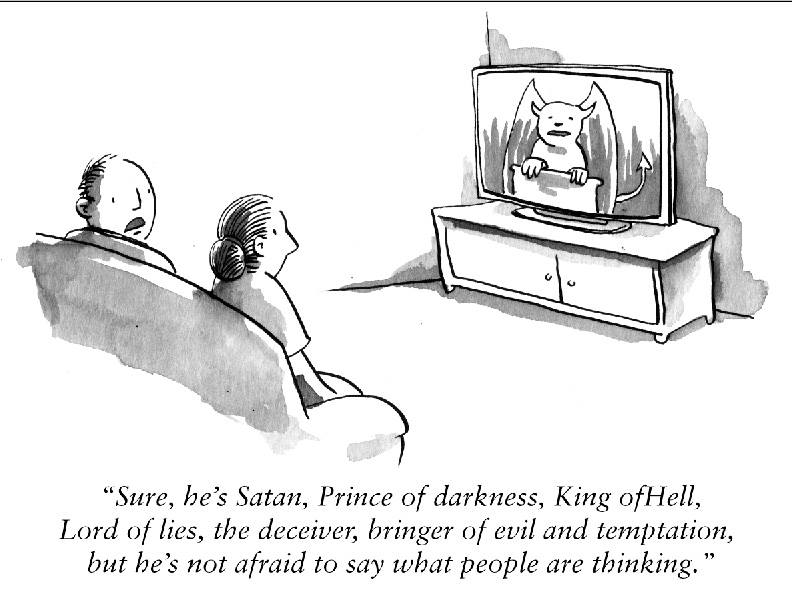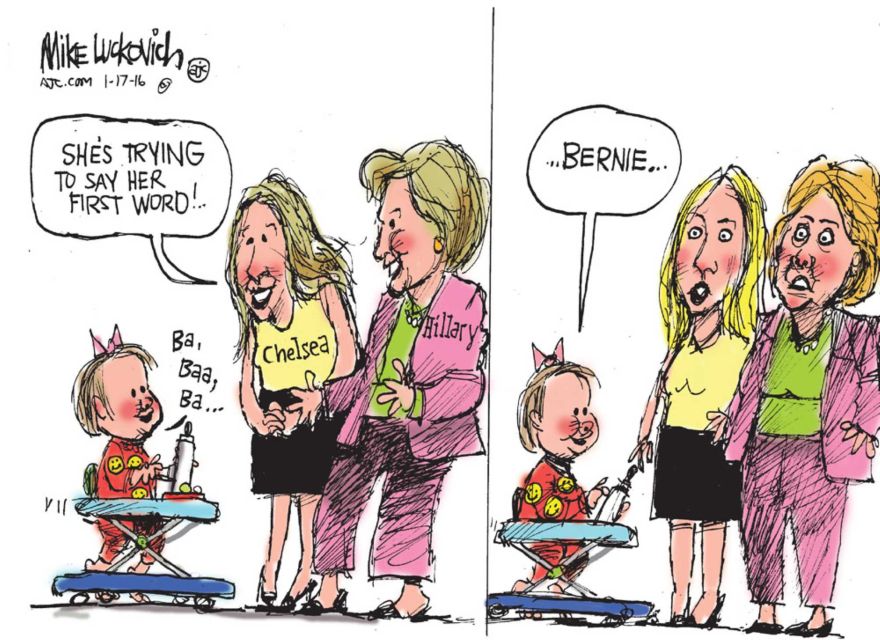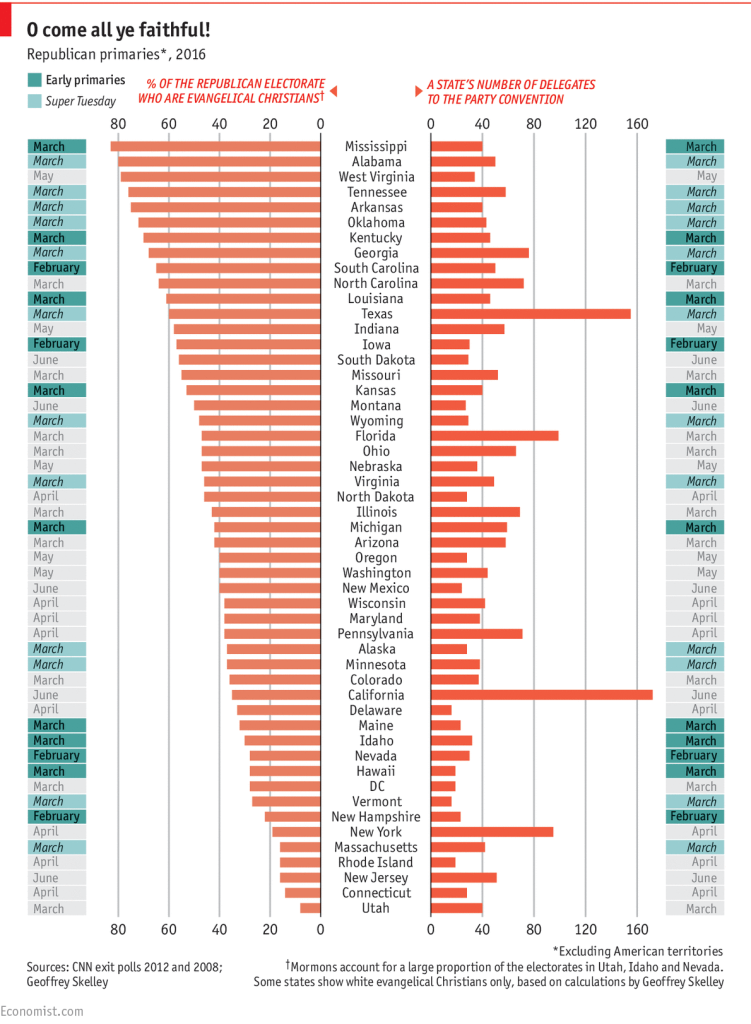Yesterday we talked about US vs. Texas, the Supreme Court case brought by 26 Republican-controlled states saying that President Obama exceeded his powers by using an executive order to shield millions of illegal immigrants from deportation. In thinking about what Republicans have (not) done in the last seven years, “A Little Bit Is Better Than Nada”, the song from the Texas Tornados came to mind.
And a very little bit is all the legislation that we have gotten from a Republican-controlled House and Senate. Here’s how Ed Kilgore described it:
If you look back at Obama’s record on big executive actions — on guns, climate change, and immigration — you see the same situation. It’s not that he’s fought for “liberal” as opposed to “conservative” policies in these areas. It’s that congressional Republicans, pressured by conservative opinion-leaders and interest groups, have refused to do anything at all…
And as Nancy LeTourneau adds, the agenda that is being articulated by today’s Republican presidential candidates should have been easy for them to enact, given that they control both houses of Congress, but they have done nothing to advance their agenda:
• They say that we need to fight ISIS more aggressively…But President Obama has been asking Congress to pass an Authorization for the Use of Military Force against ISIS for months now.
• They say that we need to secure our borders. Most of them think we should build an impenetrable wall on our border with Mexico. Some of them even say that we should deport all 10 million undocumented immigrants. Have we seen a bill on any of that in Congress?
• They say that they want to repeal Obamacare. OK, they actually passed a bill to do that. But they’ve also said that they want to replace it. Anyone seen that plan floating around anywhere?
• They say that the problem with gun violence is that we don’t do enough to provide mental health treatment…Have they? No.
• We’ve heard a lot about criminal justice reform. And some bills even passed out of committees. But nothing has actually come up for a vote.
And we are still waiting for the jobs bill promised by John Boehner.
All of the campaign issues Republicans have identified are going nowhere legislatively, and choosing to do nothing has consequences.
We are here because there is a faction in Congress that has deliberately pushed our system of governance to the breaking point. Their latest threat to our system of governance is a refusal to legislate. This has ground our system almost to a halt. Couple that with their refusal to fund the agencies responsible for executing laws on the books, and you have a willful effort to overthrow the government.
If you look back at our Declaration of Independence, one of its 5 sections is called the indictment. It is a series of complaints levied against England’s King George III. The indictment contains 25 charges, of which the first nine, with very little editing, could be levied against Republicans today:
• Refusal to enact laws. (Complaints 1 – 3, 6)
• Obstruction of elected Representation at both the State and Central Government level. (Complaints 3 – 6)
• Interference with and failure to facilitate migration. (Complaint 7)
• Refusal to fill vacancies in the Judiciary. (Complaints 8, 9)
So, we are in unprecedented territory: How do we govern when the Legislative Branch refuses?
Republican shouting, doing nothing, and then blaming it on Obama has worked for seven years and could continue to work forever, in part because the media loves the “both parties do it” narrative.
It is also true that Democrats have failed utterly to make a convincing counter-argument (placing blame where it belongs) and have instead bet that the repellent personalities of the GOP would limit the popularity of Republicans as a national party.
It was a losing bet. For the GOP, the strategy has worked: Why do anything, if when you can say you’re against everything, you are reelected to do nothing again?
Republicans can shout all they want about how President Obama is by-passing Congress with his executive actions, but a little bit is better than nada.

